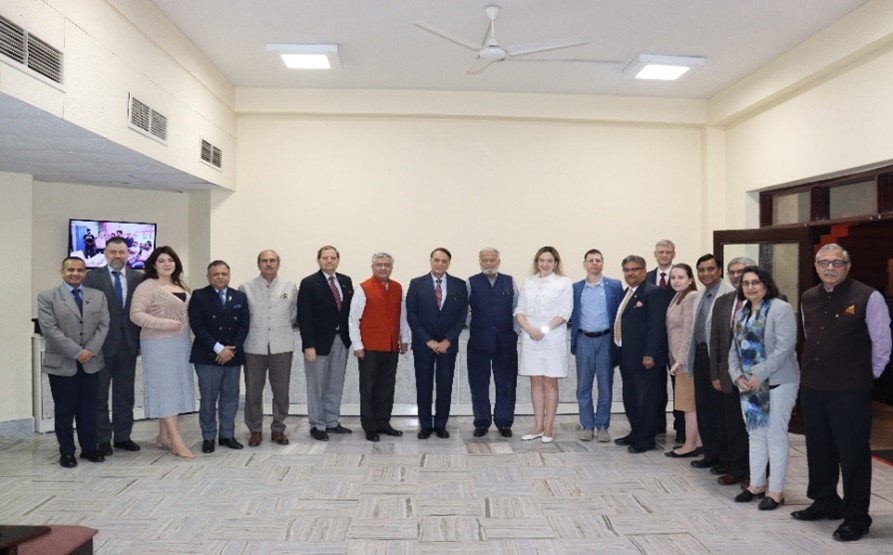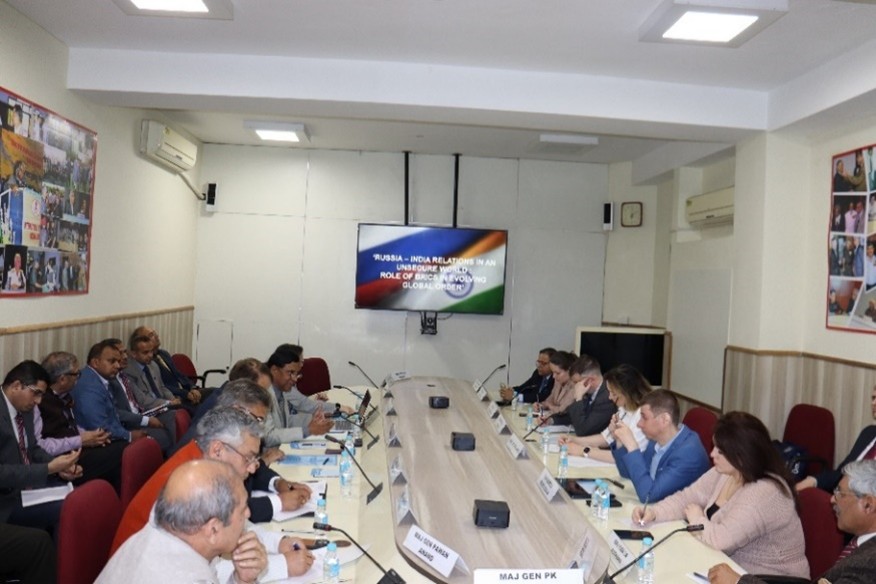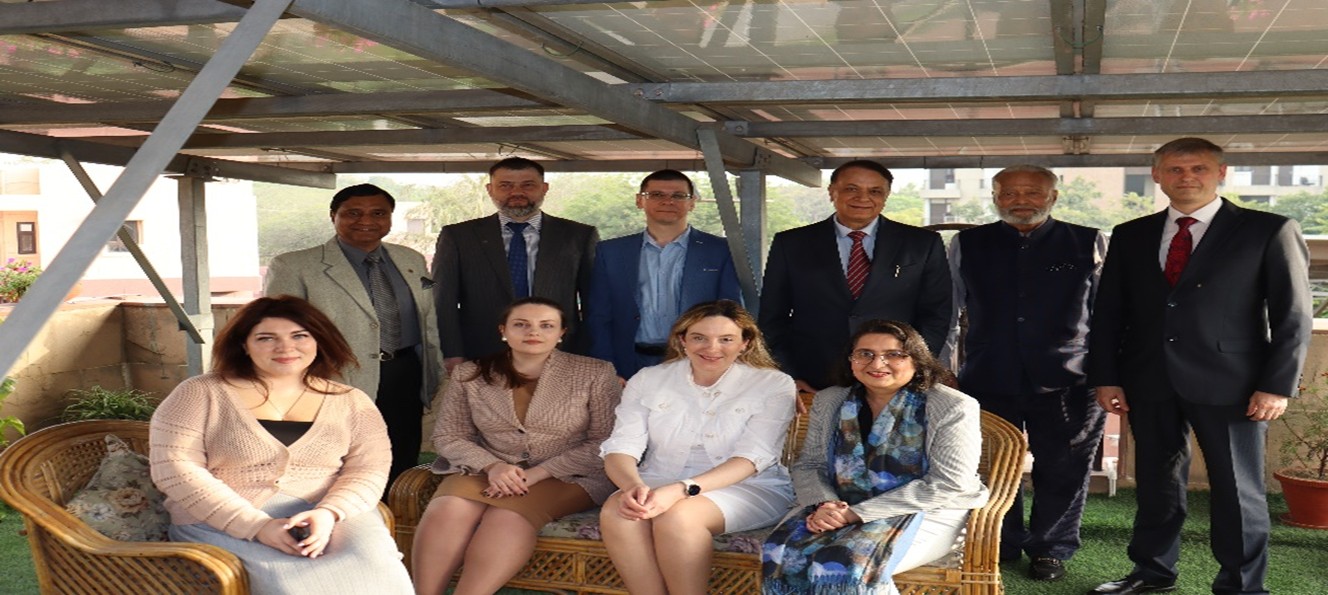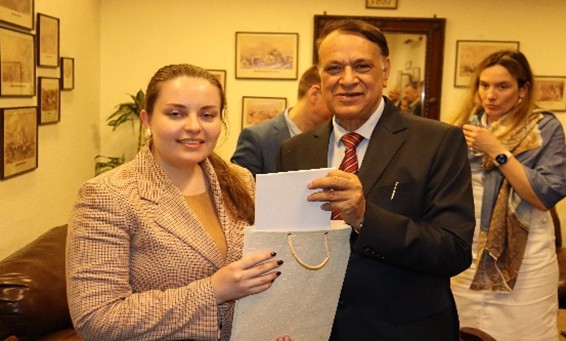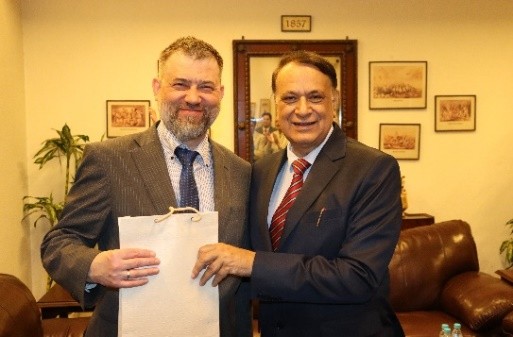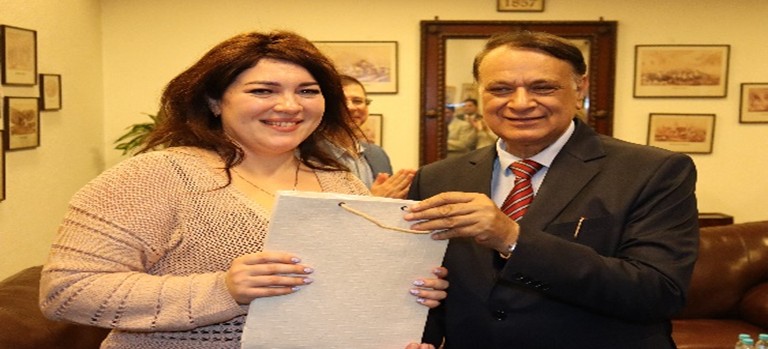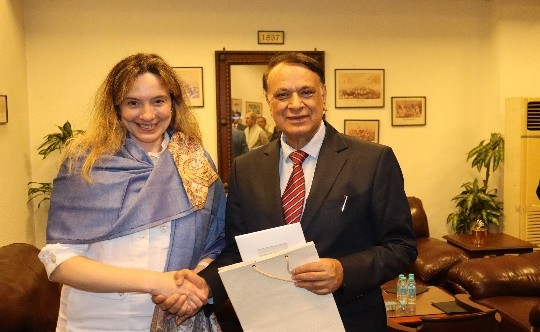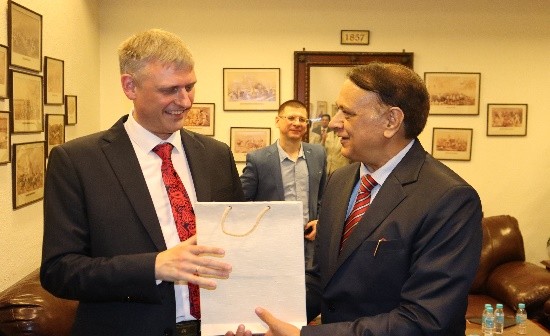The United Service Institution of India was founded in 1870 by a soldier scholar, Colonel (later Major General) Sir Charles MacGregor. The story of its growth is the story of the growth of the Indian Armed Forces. It was founded for ‘furtherance of interest and knowledge in the art, science and literature of the Defence Services.’
Subscribe
Sign up to get update about us. Don't be hasitate your email is safe.







